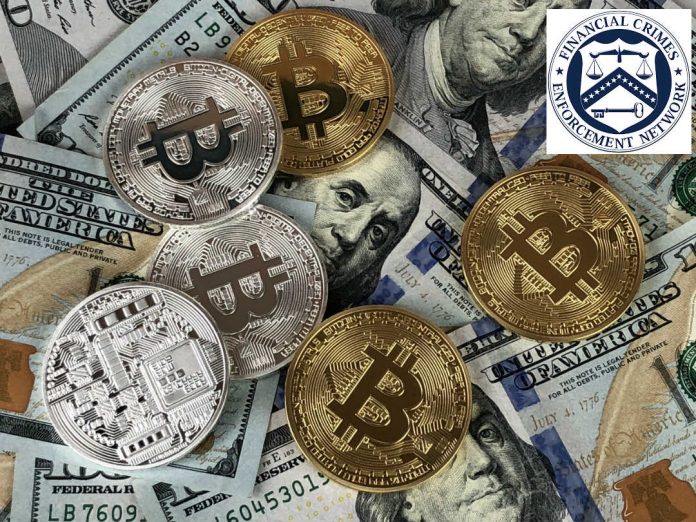Kenneth A. Blanco is the FinCEN Director. FinCEN is the government agency of the US Treasury Department dedicated to combating money laundering, terrorist financing and other national and international financial crimes.
Recently, during a conference in Chicago, he delivered a speech in which he dealt with subjects relating to cryptocurrencies.
The agency, Blanco explained, is focused on the analysis and understanding of emerging technologies (especially cryptocurrencies) to quickly identify any risks, fill gaps, but also support innovation with greater clarity in the field.
In this regard, he stated that the agency will continue to update the guidelines on these emerging technologies “in close dialogue with the industry“, but he also stressed that “FinCEN will aggressively pursue individuals and companies who do not take their obligations under US law seriously“.
From the diplomatic speech, we can grasp very well both a certain rigidity (typical of government agencies that fight crime) and a rather determined approach towards those who attempt breaking anti-money laundering (AML) rules.
In this regard, Blanco has announced that more than 30% of all exchanges and cryptocurrency custody services registered as of 2014 have already been reviewed, with the aim of ensuring that everyone can be subject to regular compliance checks.
We are talking about both large and small operators, including cryptocurrency exchange platforms, management services, cryptocurrency distributors (ATMs), and even individual peer-to-peer operators, whether or not they are registered.
According to FinCEN, anyone acting as an intermediary in the US in this field must be subject to AML rules, regardless of whether a company is operating as a single peer-to-peer exchange or as a large multinational trading platform.
It is difficult to understand what they might mean by compliance with AML rules when it comes to individuals exchanging cryptocurrencies in a peer-to-peer way, and it is even more difficult to understand how they could carry out controls.
Blanco adds: “Compliance does not begin because you may get caught, or because you are about to be discovered. […] A strong culture of compliance should be part of building your operations from the ground up, and you can expect that we will identify where this is not taking place and take appropriate action.“
However, at a later stage, he reveals one detail that could be explanatory: the implementation of the requirements must be carried out by companies and financial institutions, suggesting that these rules do not apply to individual citizens.
This clarification is somewhat out of place, especially when we consider fully decentralized platforms that do not belong to a company or a financial institution but are in fact developed and released by private citizens, and not managed by anyone (such as LocalBitcoins.com).
A true P2P platform should have this feature, so it’s hard to imagine how AML standards can be applied to P2P platforms.




